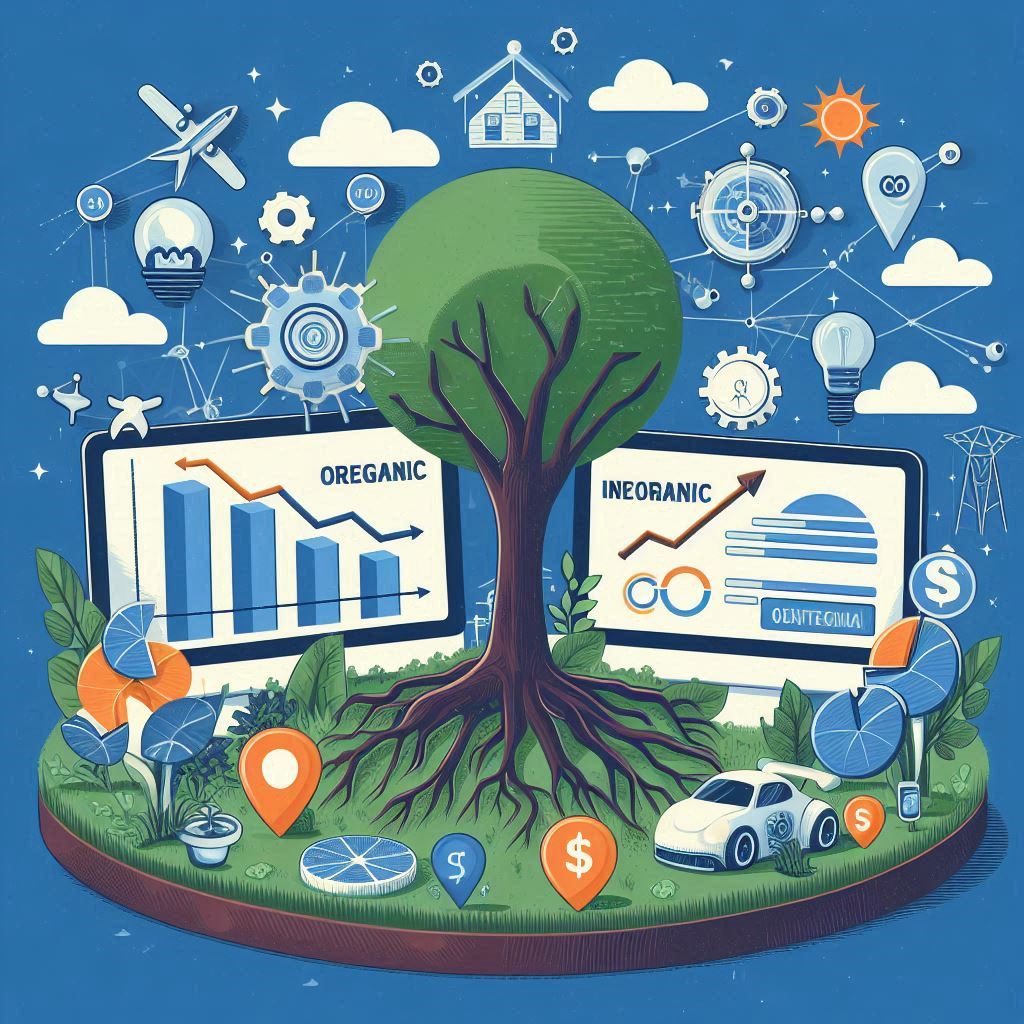The internet is undergoing a significant transformation with the advent of Web3 and decentralized web technologies. At the heart of this revolution is blockchain, a technology that promises to reshape the way we interact with the digital world. This article delves into the concept of Web3, the role of blockchain in decentralizing the Web, and the potential implications for the future of the Internet.
Understanding Web3
Web3, or Web 3.0, represents the next generation of the internet. Unlike its predecessors, Web1 (static web) and Web2 (interactive and social web), Web3 aims to create a decentralized and user-centric internet. It leverages blockchain technology to enable peer-to-peer interactions without the need for intermediaries. This shift towards decentralization is driven by the desire to enhance privacy, security, and user control over data.
The Role of Blockchain in Web3
Blockchain is the backbone of Web3. It is a distributed ledger technology that records transactions across a network of computers. Each transaction is secured through cryptographic algorithms, ensuring transparency and immutability. Here are some key ways blockchain is changing the internet:
- Decentralized Applications (dApps): Blockchain enables the development of decentralized applications, or dApps, which run on a peer-to-peer network rather than centralized servers. These applications offer greater security, transparency, and resistance to censorship.
- Smart Contracts: Smart contracts are self-executing contracts with the terms of the agreement directly written into code. They automatically execute transactions when predefined conditions are met, reducing the need for intermediaries and increasing efficiency.
- Tokenization: Blockchain allows for the creation of digital tokens that represent assets or utilities. These tokens can be used for various purposes, such as digital currencies, voting rights, or access to services. Tokenization democratizes access to assets and enables new economic models.
- Data Ownership and Privacy: In Web3, users have greater control over their data. Blockchain-based identity solutions allow individuals to manage their digital identities securely and share information selectively. This enhances privacy and reduces the risk of data breaches.
Implications for the Future of the Internet
The transition to Web3 and a decentralized web has far-reaching implications for various aspects of the Internet:
- Enhanced Security: Decentralization reduces the risk of single points of failure and cyberattacks. Blockchain’s cryptographic security ensures that data is tamper-proof and transactions are transparent.
- Increased Privacy: Web3 empowers users to take control of their data and decide how it is shared. This shift towards user-centric privacy addresses concerns about data exploitation by centralized entities.
- New Economic Models: Tokenization and decentralized finance (DeFi) are creating new economic opportunities. Individuals can participate in decentralized markets, access financial services without intermediaries, and earn rewards through blockchain-based incentives.
- Empowerment of Creators: Web3 enables content creators to monetize their work directly without relying on intermediaries. Blockchain-based platforms allow artists, writers, and developers to receive fair compensation for their contributions.
- Interoperability: Blockchain’s open standards and protocols promote interoperability between different platforms and applications. This fosters innovation and collaboration across the digital ecosystem.
Challenges and Considerations
While the potential of Web3 and blockchain is immense, there are challenges to address:
- Scalability: Blockchain networks need to overcome scalability issues to handle a large number of transactions efficiently.
- Regulation: The regulatory landscape for blockchain and cryptocurrencies is still evolving. Clear and balanced regulations are essential to foster innovation while protecting users.
- User Adoption: For Web3 to reach its full potential, widespread user adoption is crucial. This requires user-friendly interfaces and education about the benefits of decentralized technologies.
Conclusion
Web3 and the decentralized web, powered by blockchain technology, are poised to revolutionize the internet. By enhancing security, privacy, and user control, these innovations promise a more equitable and user-centric digital landscape. As we navigate the challenges and opportunities of this new era, the future of the internet looks brighter than ever.




